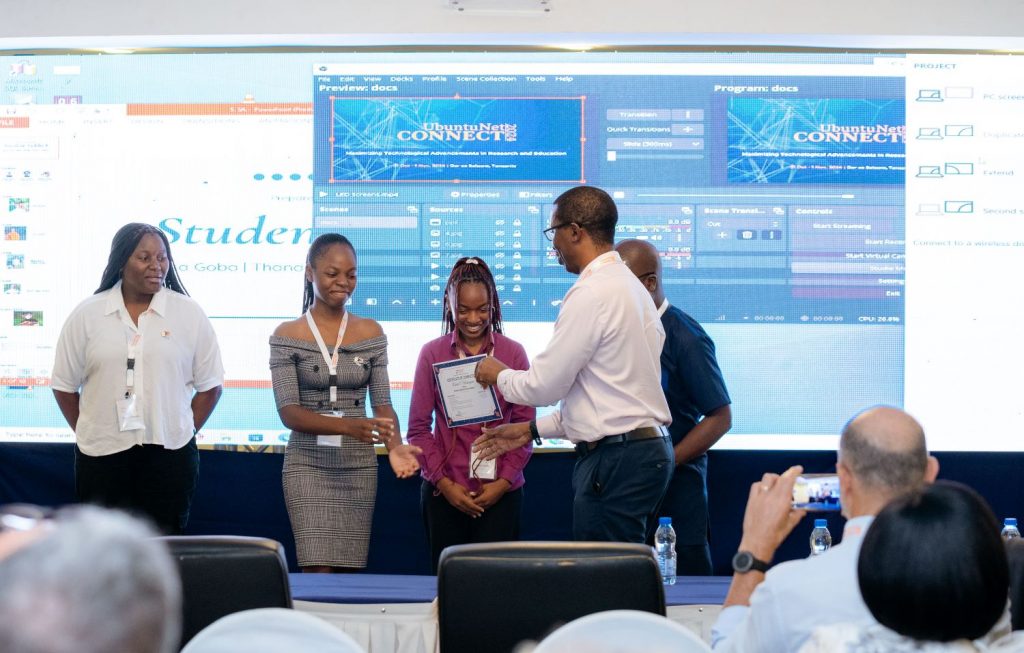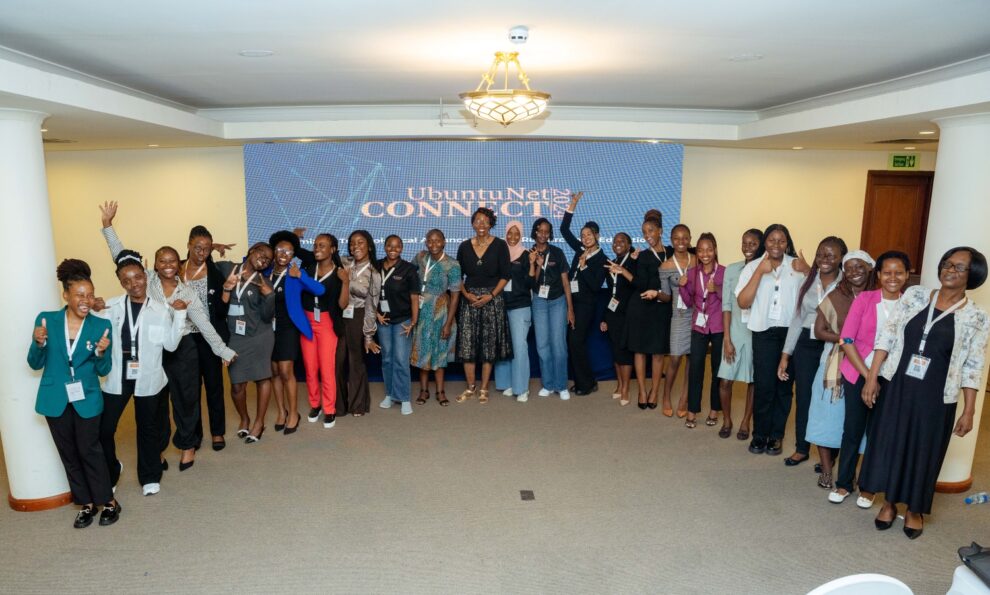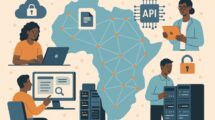This article was first published on the UbuntuNet Alliance website.
In partnership with GÉANT under the EU co-funded AfricaConnect3 project, UbuntuNet Alliance recently hosted an unforgettable second Women Hackathon for the Eastern and Southern African research and education community. Held from October 28 to October 30, 2024, this three-day event took place as a pre-conference event for UbuntuNet-Connect 2024. It brought together 21 young women from 7 teams, selected from 112 applicant teams, all eager to demonstrate their skills and creativity in developing digital solutions for research and education.
The competition was fierce, with only seven teams making the final cut. Participants hailed from across the region, including Tanzania, Malawi, Zambia, Zimbabwe, South Africa, Uganda, and Kenya. Each team, comprising three young women, spent the three days developing innovative digital solutions with a specific focus on advancing research, education, and collaboration across Africa. Guiding their efforts were mentors from Makerere University, who offered expert insights and practical skills in software engineering, including areas such as requirements design, user interface design, software architecture, and front-end and back-end development.
The hackathon highlighted three core themes that addressed current challenges in the region:
- Innovations for 21st Century Education: Recognizing the need to enhance both in-class and out-of-school learning, especially in the post-pandemic era, teams explored ways to make educational technology more accessible and impactful. This area focused on equipping educators and students with tools to navigate an increasingly tech-reliant educational landscape.
- Innovations for Improving Research Uptake and Outputs: Teams worked on solutions to increase awareness and accessibility of research findings to support evidence-based policies and practical applications. Innovations in this category aimed to improve dissemination, build capacity, foster social influence, and create enabling environments that make research more impactful and applicable.
- Innovations for Enhanced Collaboration: Encouraging collaboration among diverse stakeholders, this theme encouraged participants to create tools that support teamwork, mobilization, and performance tracking in research. Solutions in this area were aimed at strengthening the connections among researchers and other collaborators, promoting interdisciplinary and cross-border partnerships.
Throughout the hackathon, mentors from Makerere University provided the teams with comprehensive guidance in essential software engineering practices. This mentorship included training in requirements design, user interface design, software architecture, and component design using modeling tools like sequence and use case diagrams. Participants also learned to work with front-end frameworks such as Laravel and Tailwind CSS, and back-end development tools including Flask and Python. The exposure to these tools and techniques was invaluable for the young women, equipping them with industry-relevant skills to build functional, user-centered digital solutions.
At the conclusion of the hackathon, each team showcased their solutions to their mentors and a panel of judges, who evaluated the projects on innovation, technical execution, and potential impact. The hackathon’s final highlight was at the UbuntuNet-Connect 2024 conference’s closing plenary, where participants presented their projects to an audience of over 230 practitioners in research and education.
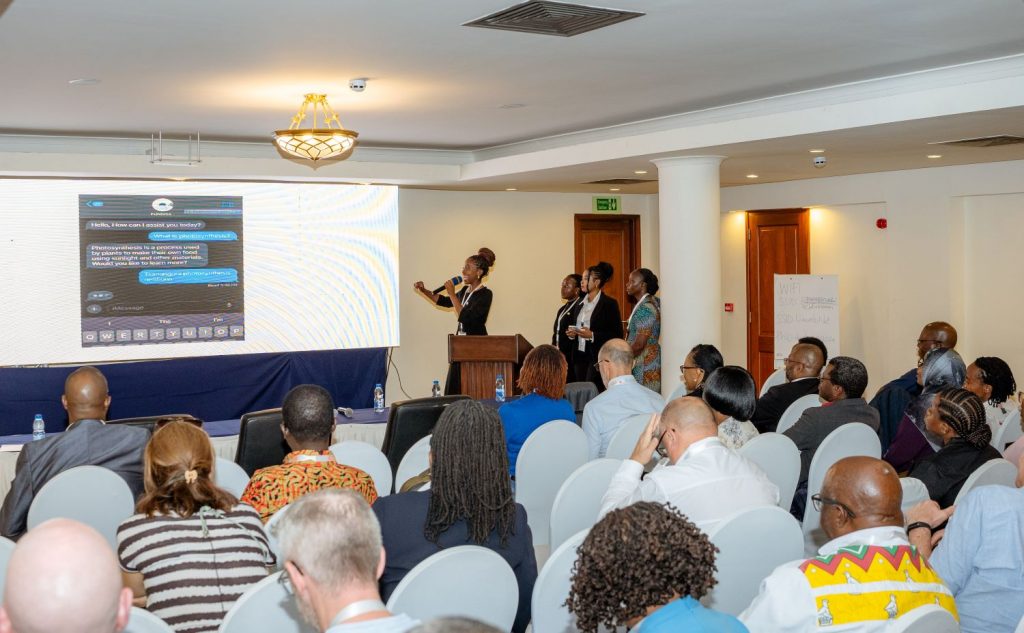
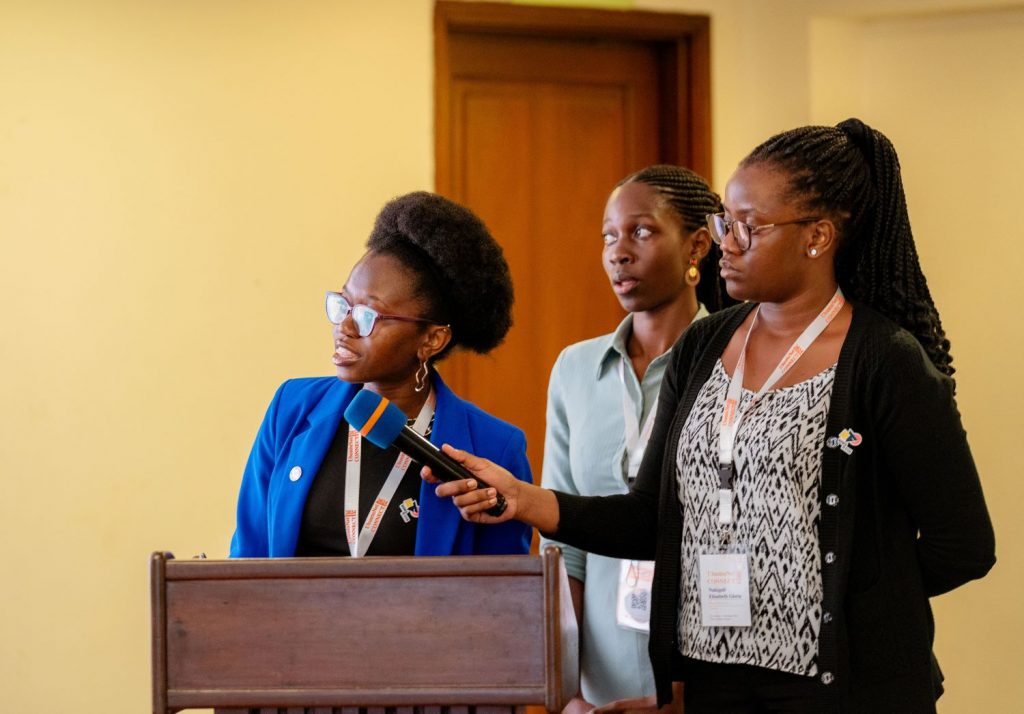
After three days of intense competition, it was Team Zimbabwe, represented by Olivia Watungwa, Vimbai Majaha, and Natalie Masvikeni from Africa University, who emerged as the champions. Their hard work and innovation earned them a well-deserved cash prize of $2,500. The runner-up was Team Zambia, who won $1,500, while Team South Africa came in third place, receiving $1,000.
UbuntuNet Alliance extends heartfelt congratulations to all the young women who participated, whose talents and dedication made the hackathon a tremendous success. A special thanks goes to the EU and GÉANT for their support in funding this empowering initiative. The Alliance is excited to follow the journey of the winning team and looks forward to seeing their solution evolve in the coming months. Stay tuned as we keep up with their progress and do a deep dive into their solution which we are sure will have a positive impact in the region.
